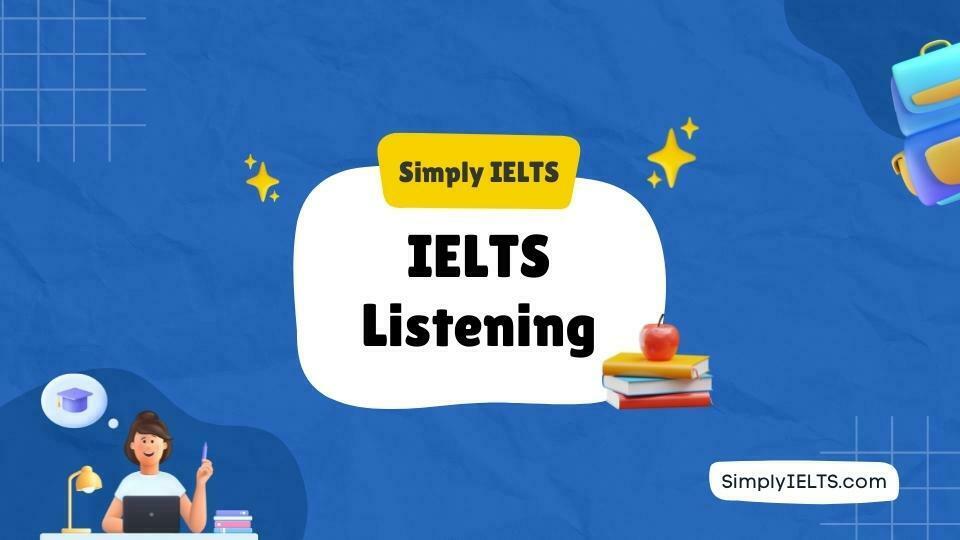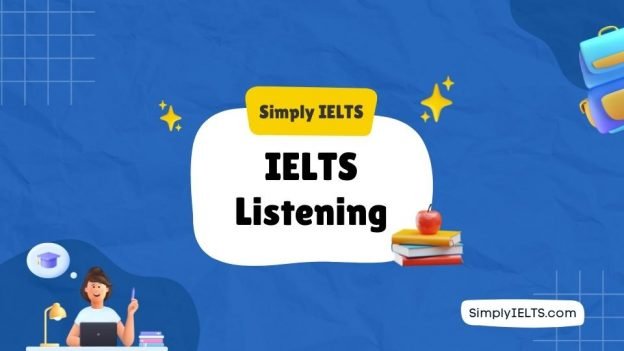IELTS Listening Practice Course

Do you want to pass IELTS Listening with the highest score? Simply IELTS will tell you how to properly prepare for this exam and how to work with the English listening text during it. All the secrets of successfully passing IELTS Listening practice in our IELTS Listening Course!
What topics will you cover?
- General overview about IELTS Listening section
- How is the IELTS Listening test conducted
- When to use capital letters in IELTS Listening and Reading?
- Step by step guide to improve Listening Skills and IELTS Listening Scores
- Question Types in IELTS Listening
- IELTS Listening: Strategy to solve Form Completion
- IELTS Listening: Strategy to solve Sentence Completion
- IELTS Listening: Strategy to solve label the map question
- IELTS Listening: Strategy to solve Matching Features question
- IELTS Listening: Multiple Choice Questions
- IELTS Listening: Strategy to solve Multiple Response Question
- Recent IELTS Listening Tests with answers and audio
What to expect after finishing IELTS Listening practice Course?
By the end of the course, you‘ll be able to…
- Know more about the IELTS Listening test format and learn about the different types of questions and audio scripts
- Improve strategies that help you answer all different kinds of question types as multiple choice and label the map question
- Apply general English listening techniques that will help you cope with the kind of complex texts on unfamiliar topics that you’ll meet in your IELTS studies
- You will be confident to achieve band 9 in IELTS Listening, learn how to improve your test performance and feel fully prepared on exam day
How to use IELTS Listening practice course?
Step 01
Start reading IELTS Lessons right from the start.
You may notice that the IELTS Listening course is divided into three modules. These modules will introduce you to the task logically. So, don’t skip any lesson.
Step 02
Practice IELTS Listening question-wise.
Rather than solving the whole Listening section, solve the one question type at a time.
Step 03
Review your performance and identify the weaknesses.
Once you realise your mistakes, you can find your shortcomings. You should work to improve these skills.
Step 04
Try the whole Listening section.
Now, try to attempt the whole Listening section from Cambridge. You will now be ready for the final test.
Precaution
Solving 100 IELTS Listening tests doesn’t guarantee results..
Don’t worry about how many tests you solve. You must focus on improving your Listening skills after each practice test.
We hope these lessons help you to score better on IELTS Listening.




Responses